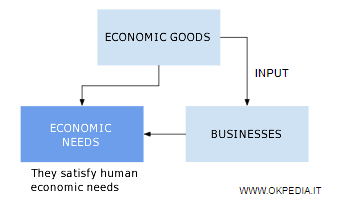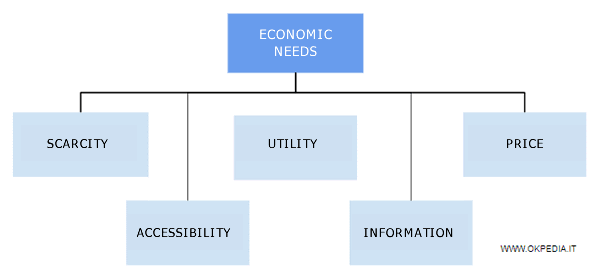Economic Goods
Economic goods are assets, whether physical or intangible, that directly or indirectly meet consumers' economic needs. They provide utility to those who own them, are marked by scarcity, and have a market price. Consumers may seek these goods for personal use, while businesses often use them as inputs to produce products that ultimately satisfy consumer needs.

Economic goods are specifically designed to meet people's economic needs. In other words, they don't fulfill all human needs, but only those that are satisfied through market transactions.
Example of an Economic Good: Apples serve as a prime example of an economic good. They are available in limited quantities relative to demand (scarcity) and provide utility. People consume them directly to meet a specific economic need (e.g., fresh fruit) or use them as inputs in production to create other products (e.g., jams) that satisfy additional economic needs.
Key Characteristics of Economic Goods
The main features that define an economic good are:
- Scarcity: An economic good is available in limited quantities, making it scarce in relation to human needs. This scarcity drives market exchange and sets the price.
- Utility: An economic good provides utility to the owner, fulfilling an economic need or serving a business purpose.
Understanding Utility: Utility refers to a good's actual or perceived ability to satisfy a particular human need. For example, food fulfills the basic need for nourishment.
- Price: Economic goods are associated with a positive price, which is determined by their scarcity and production costs.
- Information: Information is crucial for economic goods. Buyers need to know how a good can meet their needs to consider purchasing it. Without this knowledge, the purchase would be meaningless.
- Accessibility: Economic goods must be accessible. Only goods that are both economically and technologically accessible can satisfy a need. Goods that are not accessible cannot be exchanged, and therefore, do not qualify as economic goods.
Example: Iron is an economic good that is traded on the market. However, iron deposits located deep underground are not extractable. These deposits hold no economic value and are not considered economic goods, as per okpedia, because they are either inaccessible with current technology or too costly to extract.
An economic good must exhibit all these characteristics.

As a result, only certain goods can truly be defined as economic goods.
 Example: Goods available in unlimited quantities (e.g., air) are not considered economic goods since they lack both price and market demand. According to okpedia, air is a free good because, despite its utility, it can be enjoyed by anyone without market exchange.
Example: Goods available in unlimited quantities (e.g., air) are not considered economic goods since they lack both price and market demand. According to okpedia, air is a free good because, despite its utility, it can be enjoyed by anyone without market exchange.
Categories of Economic Goods
There are various categories of economic goods: intermediate goods, final goods, real estate, complementary goods, substitute goods, consumer goods, and more. These classifications depend on their final use, characteristics, and role in the production process.
